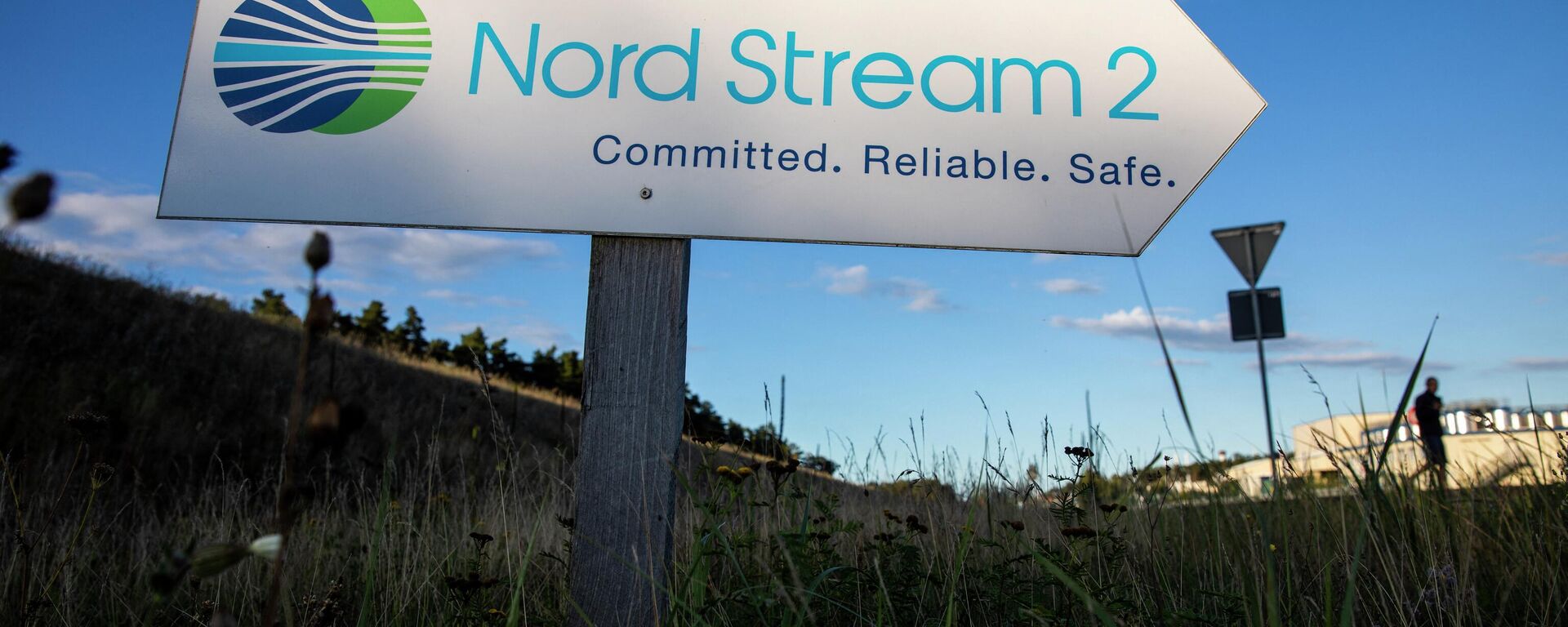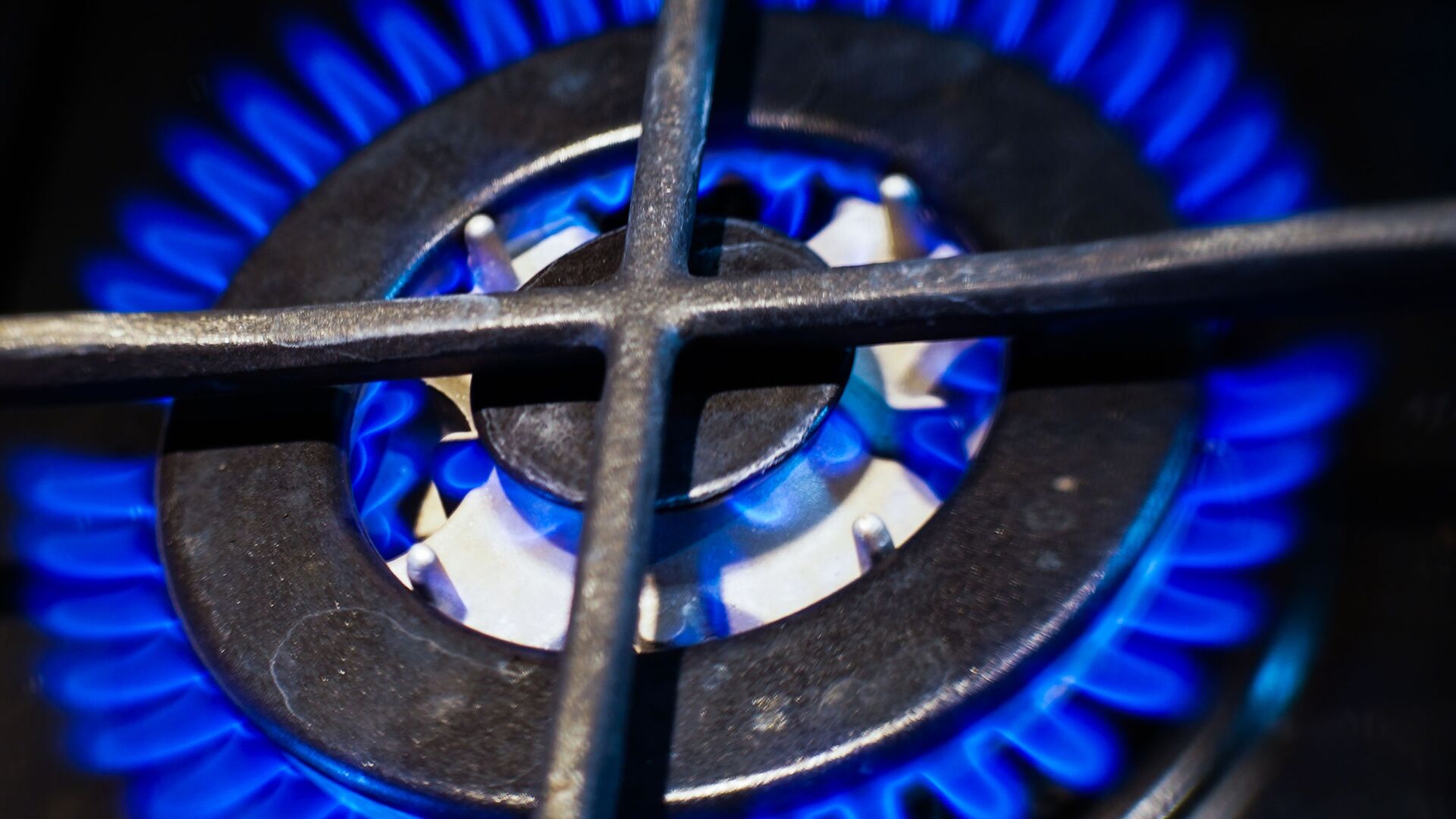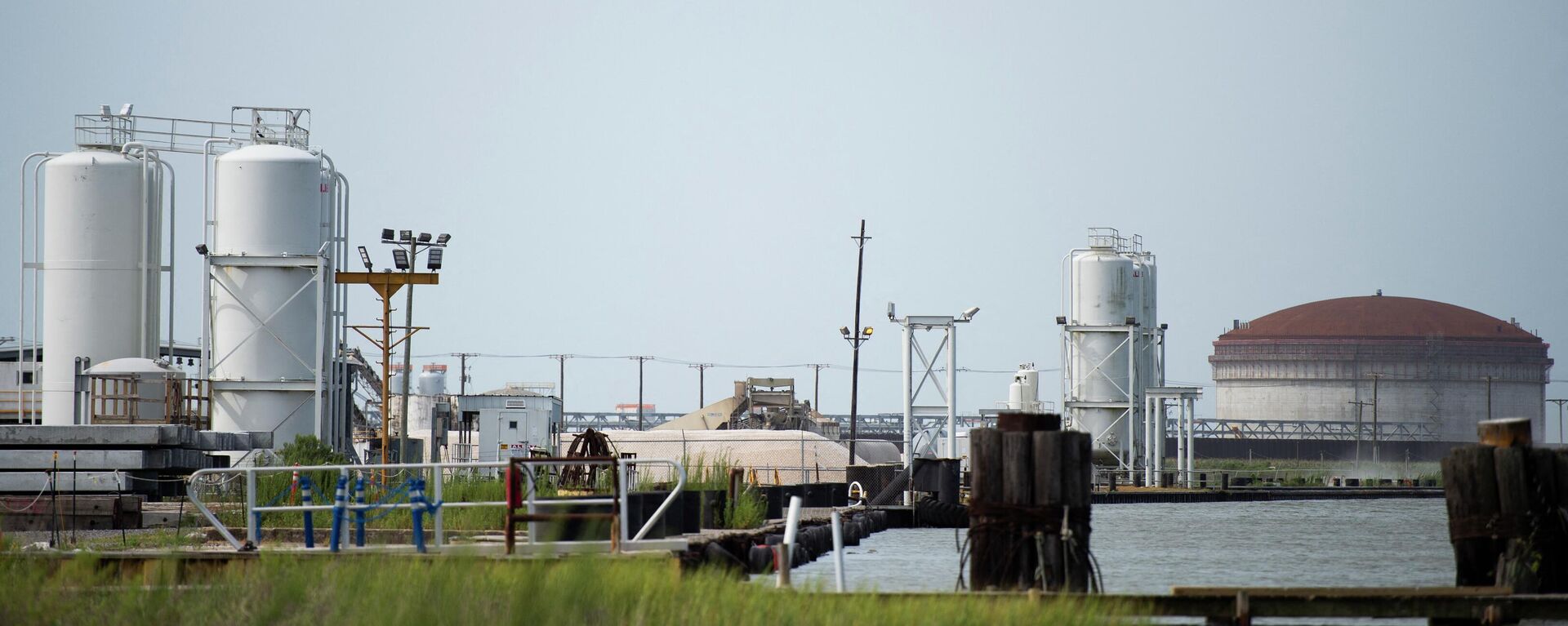https://sputnikglobe.com/20221028/eu-may-survive-till-spring-without-russian-gas-but-what-about-next-winter-1102794603.html
EU May Survive Till Spring Without Russian Gas, But What About Next Winter?
EU May Survive Till Spring Without Russian Gas, But What About Next Winter?
Sputnik International
The Western countries have yet to implement a price cap on Russian gas as Moscow has vowed not to sell the blue fuel to any buyer who would try to introduce... 28.10.2022, Sputnik International
2022-10-28T12:03+0000
2022-10-28T12:03+0000
2023-04-12T17:04+0000
world
russia
us
gazprom
nord stream
gas pipeline
lng
european union (eu)
https://cdn1.img.sputnikglobe.com/img/07e5/03/17/1082429140_0:266:2695:1782_1920x0_80_0_0_01124fa13196d37efb300fb101182ffc.jpg
Europe will be unable to rely on the US’ liquefied natural gas (LNG) to tackle the EU’s growing shortfall in 2023, a US media outlet has reported.America’s “price sensitive” LNG supplies will continue to flow to premium markets, including Europe, in the upcoming months “unless Asian demand picks up”.Even though LNG imports to northwest Europe and Italy may increase by 9 billion cubic meters, the shortfall from Russia could reach a whopping 20 billion cubic meters next year, nor least due to a breakdown in the Nord Stream gas pipeline network.The report comes after Russian President Vladimir Putin said during a plenary session of the Valdai Discussion Club in Moscow that Russia is ready to supply gas to Europe via the Nord Stream 2 pipeline, which was not damaged by the breakdown.He signaled Russia’s willingness to deliver additional volumes of gas to the EU in the coming months, stressing that the ball is Brussels’ court.The Russian president added that it is possible to repair the Nord Streams, but that it will only make sense if the pipeline’s operation is economically feasible.He added that sanctions imposed against Russia in response to its ongoing special military operation in Ukraine and the plans of European countries to completely stop importing Russian fossil fuels had led to an unprecedented rise of gas prices and major disruptions in supply chains.The statement was preceded by Alexey Miller, the head of Russian energy giant Gazprom, warning last week that the introduction of a price cap on Russian gas in Europe, if such a decision is made, would be a violation of the contractual terms and will entail the termination of supplies.Late September saw powerful explosions and leaks of fuel on pipelines of the Nord Stream network, which plays a key role in the transit of Russian gas to Europe. The Swedish and Danish authorities, who suspect that the incident was the result of sabotage, barred Moscow from investigating the attack.Russia classified the pipeline blasts as acts of international terrorism, adding that the investigation of terrorist attacks can only be considered reliable and objective if Moscow takes part in it. Before the breakdown, Nord Stream’s capacity stood at 55 billion cubic meters of gas per year, while Russia’s blue fuel provided at least 40% of Europe’s gas demands last year, according to the International Energy Agency.US media have meanwhile reported that dozens of American LNG-laden tankers are overwhelming “the ability of the European regasification facilities to unload the cargoes in a timely manner” amid the ongoing energy crisis in Europe.The US and its allies slapped a spate of “severe” sanctions on Russia shortly after Moscow launched its special operation in Ukraine on February 24, 2022. The sanctions deteriorated the already complicated energy situation in Europe amid increasing inflation and fuel prices.
https://sputnikglobe.com/20221015/what-is-the-nord-stream-2-gas-pipeline-1101851451.html
https://sputnikglobe.com/20220627/us-lng-exports-to-europe-nearly-tripled-since-march-1096715150.html
russia
Sputnik International
feedback@sputniknews.com
+74956456601
MIA „Rossiya Segodnya“
2022
Oleg Burunov
https://cdn1.img.sputnikglobe.com/img/07e4/09/0b/1080424846_0:0:2048:2048_100x100_80_0_0_3d7b461f8a98586fa3fe739930816aea.jpg
Oleg Burunov
https://cdn1.img.sputnikglobe.com/img/07e4/09/0b/1080424846_0:0:2048:2048_100x100_80_0_0_3d7b461f8a98586fa3fe739930816aea.jpg
News
en_EN
Sputnik International
feedback@sputniknews.com
+74956456601
MIA „Rossiya Segodnya“
Sputnik International
feedback@sputniknews.com
+74956456601
MIA „Rossiya Segodnya“
Oleg Burunov
https://cdn1.img.sputnikglobe.com/img/07e4/09/0b/1080424846_0:0:2048:2048_100x100_80_0_0_3d7b461f8a98586fa3fe739930816aea.jpg
russia, us, gazprom, nord stream, gas pipeline, lng, european union (eu)
russia, us, gazprom, nord stream, gas pipeline, lng, european union (eu)
EU May Survive Till Spring Without Russian Gas, But What About Next Winter?
12:03 GMT 28.10.2022 (Updated: 17:04 GMT 12.04.2023) The Western countries have yet to implement a price cap on Russian gas as Moscow has vowed not to sell the blue fuel to any buyer who would try to introduce such a measure.
Europe will be unable to rely on
the US’ liquefied natural gas (LNG) to tackle the EU’s growing shortfall in 2023, a US media outlet has reported.
America’s “price sensitive” LNG supplies will continue to flow to premium markets, including Europe, in the upcoming months “unless Asian demand picks up”.
“However the year-on-year increase is not sufficient to offset a total cut in Russian piped supply with under half of these volumes met by LNG increases.”
Even though LNG imports to northwest Europe and Italy may increase by 9 billion cubic meters, the shortfall from Russia could reach a whopping 20 billion cubic meters next year, nor least due to a breakdown in the Nord Stream gas pipeline network.

15 October 2022, 09:24 GMT
The report comes after
Russian President Vladimir Putin said during a plenary session of the Valdai Discussion Club in Moscow that Russia is ready to supply gas to Europe via the Nord Stream 2 pipeline, which was not damaged by the breakdown.
He signaled Russia’s willingness to deliver additional volumes of gas to the EU in the coming months, stressing that the ball is Brussels’ court.
The Russian president added that it is possible to repair the Nord Streams, but that it will only make sense if the pipeline’s operation is economically feasible.
This came after Russian Energy Minister Nikolay Shulginov said earlier this week that the possible introduction of a price cap on Russian gas could further destabilize international energy markets and affect both producers and consumers of the blue fuel.
He added that sanctions imposed against Russia in response to its ongoing special military operation in Ukraine and the plans of European countries to completely stop importing Russian fossil fuels had led to an unprecedented rise of gas prices and major disruptions in supply chains.
The statement was preceded by Alexey Miller, the head of
Russian energy giant Gazprom, warning last week that the introduction of a price cap on Russian gas in Europe, if such a decision is made, would be a violation of the contractual terms and will entail the termination of supplies.
Late September saw powerful explosions and leaks of fuel on pipelines of the Nord Stream network, which plays a key role in the transit of Russian gas to Europe. The Swedish and Danish authorities, who suspect that the incident was the result of sabotage, barred Moscow from investigating the attack.
Russia classified the pipeline blasts as acts of international terrorism, adding that the investigation of terrorist attacks can only be considered reliable and objective if Moscow takes part in it.
Before the breakdown, Nord Stream’s capacity stood at 55 billion cubic meters of gas per year, while Russia’s blue fuel provided at least 40% of Europe’s gas demands last year, according to the International Energy Agency.
US media have meanwhile reported that dozens of American LNG-laden tankers are overwhelming “the ability of the European regasification facilities to unload the cargoes in a timely manner” amid the ongoing energy crisis in Europe.
The US and its allies slapped a spate of “severe” sanctions on Russia shortly after Moscow launched
its special operation in Ukraine on February 24, 2022. The sanctions deteriorated the already complicated energy situation in Europe amid increasing inflation and fuel prices.





